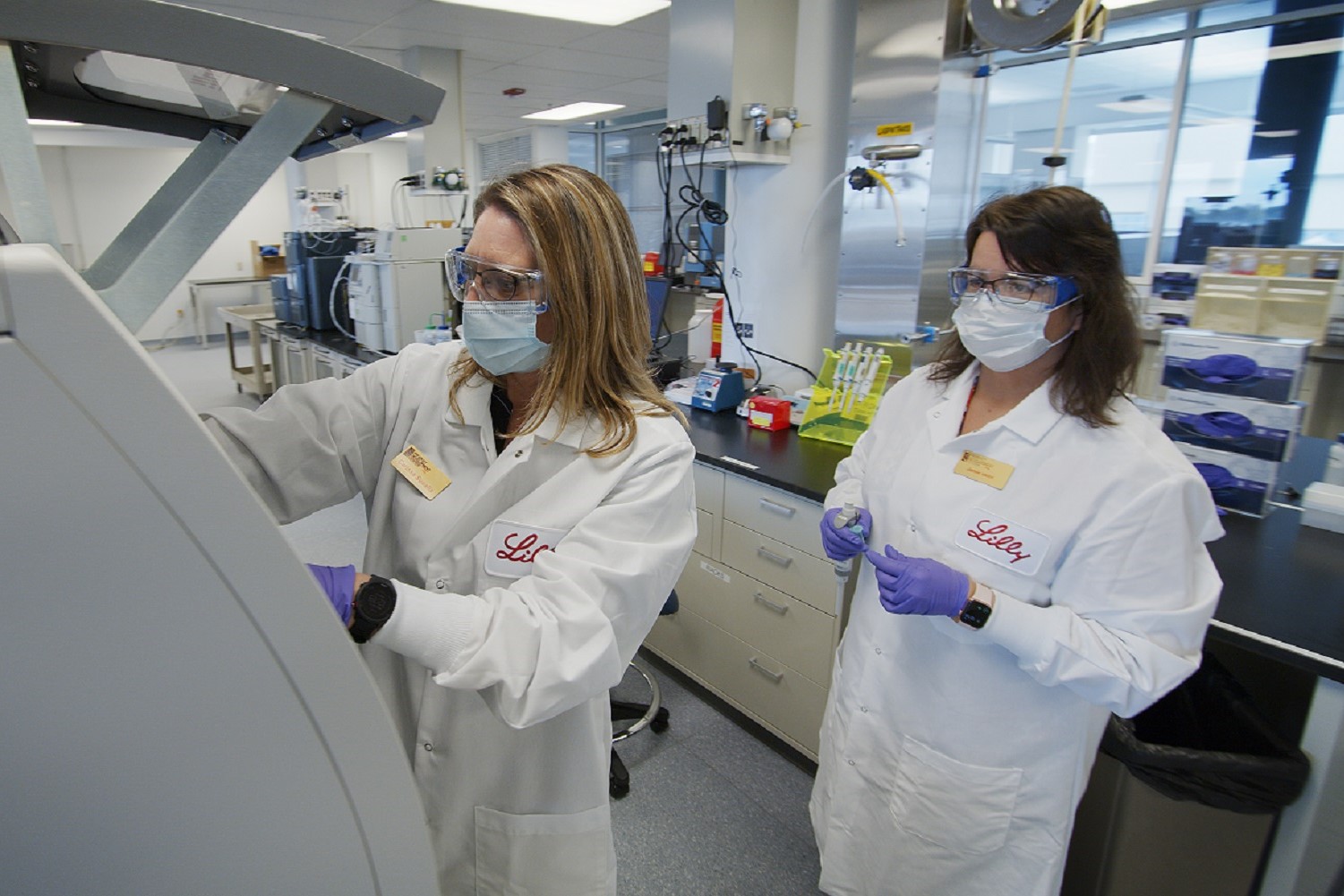
With the Rise of AI, What IP Disputes in Healthcare Are Likely to Emerge?
Munck Wilson Mandala Partner Greg Howison shared his perspective on some of the legal ramifications around AI, IP, connected devices and the data they generate, in response to emailed questions.
SCROLL BELOW FOR UPDATE
Continuing its push to make fractional flow reserve technology the standard in treating clogged arteries through percutaneous coronary intervention (PCI), St. Jude Medical (NYSE:STJ) announced Wednesday that it is initiating a study to review the cost effectiveness of this technology in Asia. One analyst, however, is not convinced about the technology’s market prospects.
Specifically, St. Jude’s study will enumerate the cost savings from using an FFR-guided approach to PCI as well as the total savings for the healthcare system annually in Japan, China, India, Korea and Australia. The study will also evaluate the technology’s impact on the population undergoing PCI.
FFR is a physiological index that can identify which narrowings are causing the blood flow blockage and can guide an interventional cardiologist to decide which lesions require stents. FFR can be measured using St. Jude’s PressureWire or Aeris or PressureWire Certus.
That this technology works is an understatement.
In an earnings call with analysts in late-January, St. Jude Medical CEO Daniel Starks said that FFR technology is “well on its way to a new billion-dollar market.” He noted that St. Jude already controls more than 60 percent of the FFR market and that capitalizing on FFR’s promise will require effective market development to make sure people are aware of the procedure’s benefits.
“Once the clinical data is fully analyzed, published and communicated to payers and the clinical community, we fully expect St. Jude Medical’s FFR technology to be the standard of care for assessing and treating patients with single-vessel and multi-vessel coronary artery disease,” he said.
However, Citigroup analyst Matthew Dodds isn’t as enthused about the market prospects of FFR. In a research note following St. Jude Medical’s annual investor event on Feb. 3, Dodds wrote that FFR will come up against the accepted standard of performing an angiography to determine whether a blockage requires intervention. He also added:
We would also note that interventional cardiology stent procedures overall have been sliding as there is more scrutiny on off-label usage. In 4Q11, it now appears that percutaneous coronary intervention (PCI) procedures slid 12% after sliding 6% in 3Q11. Hence, we just don’t think FFR is meaningful enough to move the needle for St. Jude.
Dodds retained a sell rating on St. Jude’s stock and a price target of $37. Currently, STJ trades for around $43.
UPDATE: A St. Jude Medical spokeswoman forwarded some research notes from other analysts that shows that not all analysts hold Dodds’ view. Raj Denhoy at Jefferies believes that “FFR represents an important growth driver for St. Jude.” Over at Leerink Swann, analyst Rick Wise said that FFR technology agreed with Denhoy that the FFR positive trial data should bode well for St. Jude but added that it “appears to be a relatively small business for STJ.”














